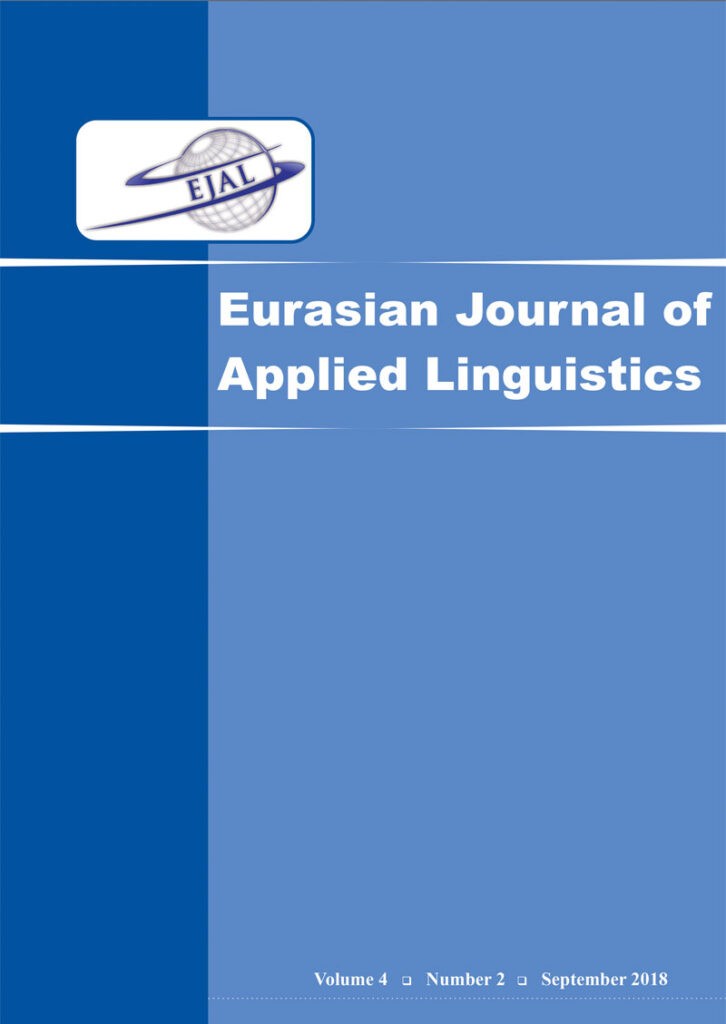Keywords: Aspect Hypothesis, tense-aspect acquisition, second language acquisition, inherent lexical aspect, grammatical aspect
Abstract
Early research on the Aspect Hypothesis yielded a rigid developmental sequence for the acquisition of grammatical aspect, in which developing L2 learners applied morphemes to mark aspect in accordance with the inherent lexical aspect of verbal prototypes. While studies from a variety of L2 backgrounds have amassed evidence for this hypothesis, some recent research has questioned its generalizability (i.e. Comajoan, 2005; Izquierdo & Collins, 2008; Liskin-Gasparro, 2000; López-Ortega, McManus, 2013; Salaberry, 2011). The present analysis of literature reviews the key tenets of the Aspect Hypothesis in order to examine how subsequent studies have demonstrated that L1 influence, syntactic similarities between L1 and L2, the role of inherent lexical aspect, and the use of pedagogical materials in classroom-based instruction may have implications for its accuracy in predicting learners’ use of temporal morphology. Such implications may affect the degree of accuracy with which this model predicts the acquisition of aspectual morphology in L2 learners, principally at early and advanced stages of proficiency. Lastly, this critical analysis identifies potential directions for future research that would strengthen or modify the recent claims that question the predictive accuracy of the Aspect Hypothesis.

